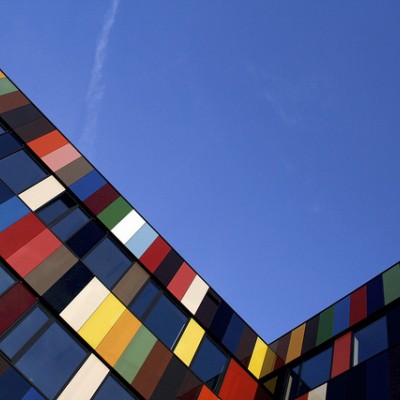
Culture and the arts deserve a strong EU funding programme post 2020
Creative Europe, the current EU programme for cultural and creative sectors, has proven its potential to build interpersonal bonds and emotional engagement beyond national frontiers; these are the strongest glue of the European project and the undeniable foundation for a shared European future. Artistic mobility and cooperation across borders are vital when it comes to nourishing mutual understanding, solidarity, and thinking beyond national paradigms. The need for international exchange is insufficiently addressed at Member State level, and some of the current political developments, both within the EU and beyond its borders, even hinder mobility and cross-border partnerships. Therefore, a European programme for culture is essential to continue to promote international cooperation and mobility of cultural operators and artworks.
Furthermore, Creative Europe has played a crucial role in supporting the sector’s development by creating a pan-European forum for accumulating and exchanging knowledge on – inter alia – sustainable management models, seizing opportunities brought by digital technologies and engaging with audiences.
In light of the above, and taking into account the low application success rates of Creative Europe* and the multiple budget cuts for culture across European countries, the EU programme for culture must not only continue after 2020 but needs to be strengthened with a double budget increase.
The future EU programme for culture should address the intrinsic value of culture and the arts, which – as vectors of critical thinking and awareness-raising – are crucial for a healthy democracy and a sustainable European project. The new cultural programme should do more to tap into this potential, and reinforce the capacity of the cultural sector to further the reflection of society on the most vital issues and challenges faced by Europe today: migration, environmental crisis, decline of democracy, widening inequalities, social disintegration. More support should be given to the arts and cultural activities fostering social empowerment, democracy and pluralism – values urgently needed by the EU of today and tomorrow. Furthermore, support to mobility of artists and art works must be a vital part of the future programme, and imbalances between the Member States need to be addressed.
It has been proven that culture has a positive impact across a range of other fields, from health and well-being, to innovation, economic prosperity, external relations, social cohesion, education, and the promotion of democratic principles. In light of this, the EU institutions and the Member States should reinforce a transversal approach to culture and the arts within various policy areas, opening up other funding programmes for culture, thus giving the cultural sector the strength to contribute to other policy objectives. Therefore, we support the plea of Culture Action Europe to ensure that at least 1% of the next MFF is allocated to culture across all policy fields and funding programmes.
If programmes and financial instruments are to be merged or / and grouped in the future, a careful and inclusive approach must be taken, avoiding unfair competition and ensuring that the guiding priorities, application conditions, and evaluation criteria are tailored to all cultural sectors and arts disciplines, as well as types and sizes of organisations.
